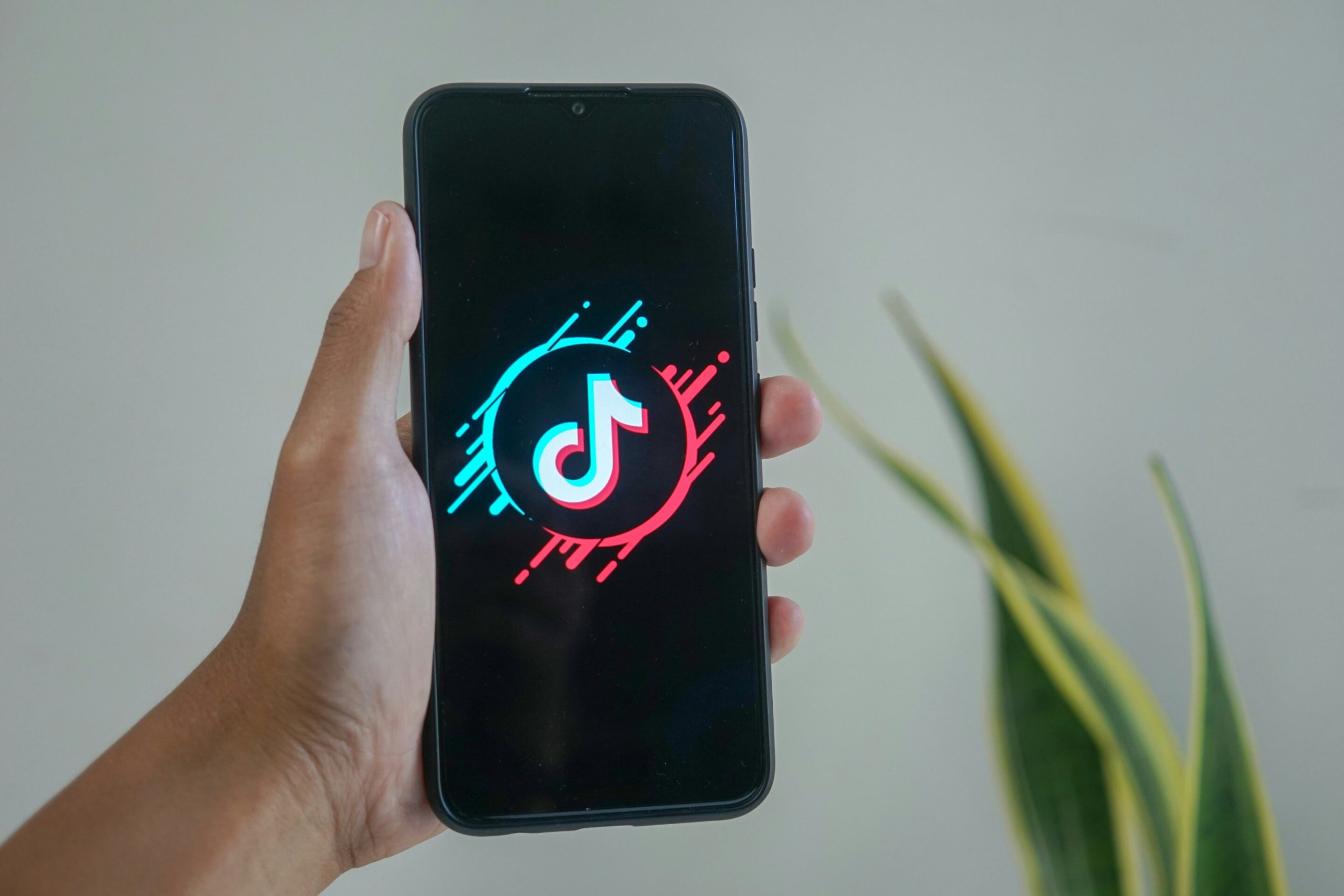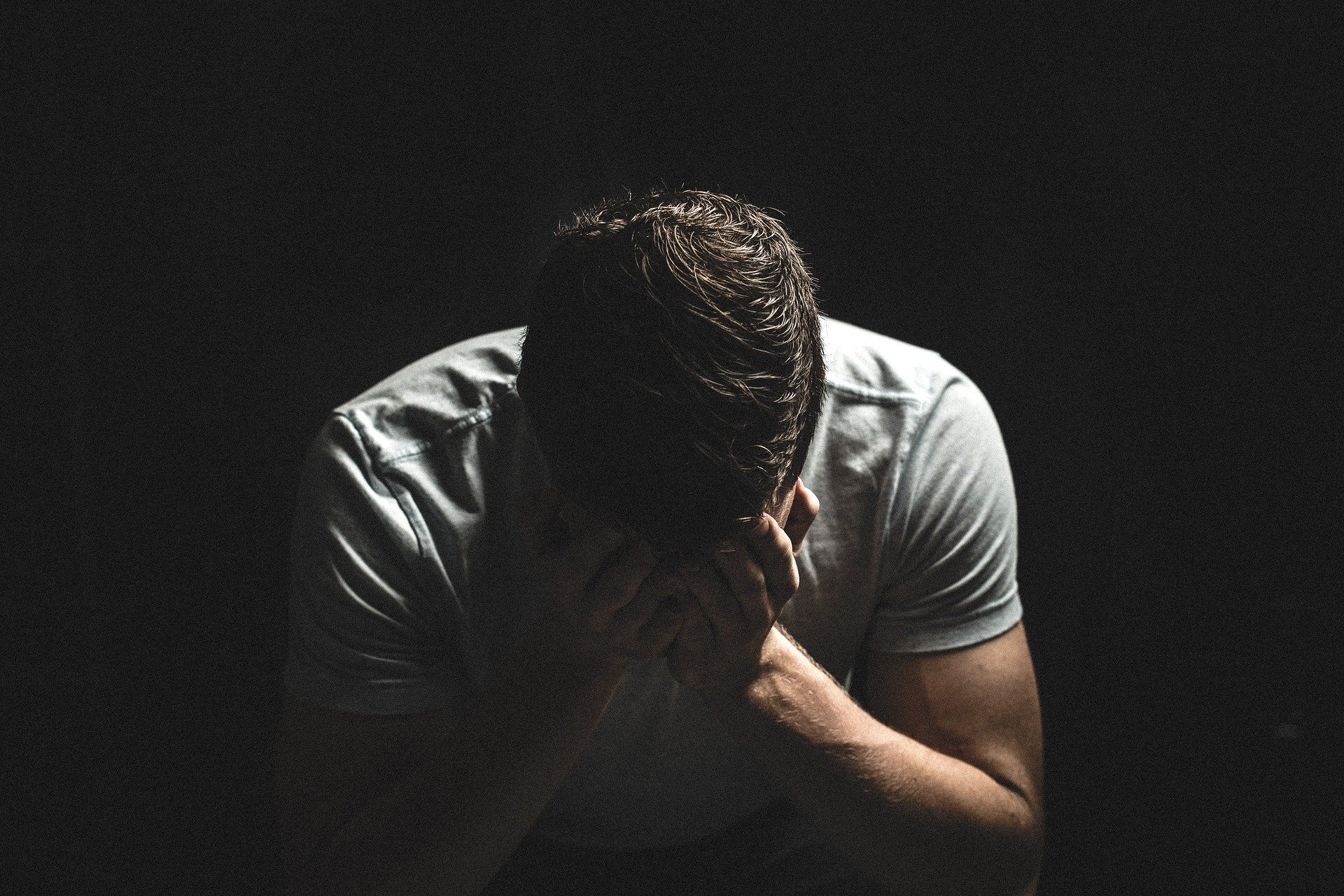
Educational psychologists could help to fight mental health and neurodiversity misinformation on TikTok as more young people self-diagnose based on poor quality content on the platform, a new study says.
Growing numbers of young people may be labeling themselves as being neurodivergent or having mental health conditions after engaging with information online, some of which may be inaccurate.
Educational psychologists and their professional bodies could engage with TikTok by creating accessible evidence-based content about neurodiversity and mental health on the platform.
Their assessments could also include a focus on how a young person interacts with social media and why they might be seeking a diagnosis. The reasons are complicated and multifaceted, rather than just because of naivety or attention-seeking.
Cultural shifts in how neurodiversity is seen, and barriers faced by young people in getting adequate support are likely contributing.
The study says TikTok has the potential to be a public health tool if health care professionals contribute evidence-based content in an accessible way. A search by the researchers in February 2024 found the hashtag “#Autism” had 2 million posts, “#ADHD” had 3 million, “#Neurodivergent” had over 1.1 million, and “#MentalHealth” had 15.1 million.
The study, by Alma Foster and Natasha Ellis, from the University of Exeter, is published in the journal Educational Psychology in Practice.
Foster said, “Until young people and families feel confident that mental health and neurodiverse needs can be sufficiently understood and supported by existing health care and education systems, they are likely to use tools at their disposal, such as TikTok, to fill this gap as best they can.
“Very few writers on this topic appear to consider the possibility that some adolescents may be correct in their self-diagnosis and that these discoveries may enable a new sense of understanding and self-compassion.
“But, due to the varying quality of content and the nature of the TikTok algorithm, many adolescents may experience frequent and prolonged exposure to misleading or inaccurate information, which may prompt misunderstanding and potentially inaccurate self-assessment.
“A more proactive means of addressing concerns that young people are self-diagnosing based on inaccurate mental health and neurodiversity content on TikTok might be to help raise the amount of accurate content.”
Dr. Ellis said, “Young people may utilize the app to experiment with and explore their identity, or to join social groups and receivepeer approval. They may feel more at ease with self-disclosure of neurodevelopmental differences and mental health conditions than previous generations indicating a positive reduction in stigma.
“An individual may feel reluctant to risk a health care professional disaffirming their self-diagnosis as they may then feel forced to exit a social group which provides a sense of belonging and forms part of their identity.
“But currently many young people may be engaging in a mental health and neurodiversity echo chamber, comprising a plethora of inaccurate, misleading, or partial information.”
The study says it may be beneficial for professional bodies such as the Association of Educational Psychologists; the National Association of Principal Psychologists; the British Psychological Society; and the Health and Care Professions Council, to provide guidance for supporting self-diagnosed young people and their families.
This resource could advise EPs who find themselves navigating this ethically and legally complicated conundrum and enable local authorities and school staff to develop suitable organizational policies.
The study recommends educational psychologists consider information such as whether the individual engages with social media passively or actively, what content they share, hashtags they use, communities they feel a part of, specific creators/streamers/influencers they like or follow, online friends they have made, or even the content which appears on their TikTok “For You” page.
They can consider whether this engagement presents risks or protective factors to the individual’s well-being, resilience, and sense of identity. It may also be important to consider whether TikTok use is associated with facilitating, triggering, or sustaining any experienced difficulties.
More information:
Alma Foster et al, TikTok-inspired self-diagnosis and its implications for educational psychology practice, Educational Psychology in Practice (2024). DOI: 10.1080/02667363.2024.2409451
Citation:
Educational psychologists can play a part in fighting TikTok mental health and neurodiversity misinformation (2024, October 15)
retrieved 16 October 2024
from https://medicalxpress.com/news/2024-10-psychologists-play-tiktok-mental-health.html
This document is subject to copyright. Apart from any fair dealing for the purpose of private study or research, no
part may be reproduced without the written permission. The content is provided for information purposes only.


